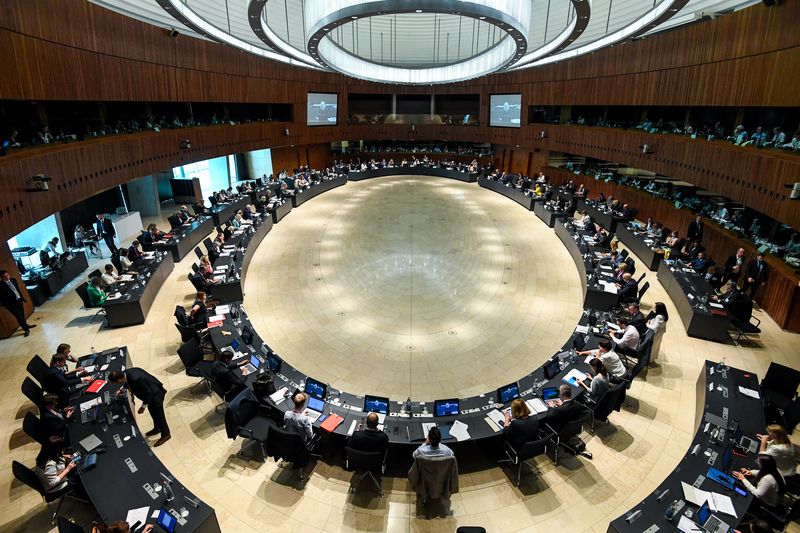The European Semester was once again at the very heart of policy debates within the EPSCO Council. The Ministers discussed the Spring Package and the future of the Social Convergence Framework, where a number of Member States, including Hungary voiced their concerns.
The Council reached a general approach about the proposal for a directive on improving working conditions in platform work, and gave mandate to the Council’s Presidency to enter into the interinstitutional negotiations. The general approach required delicate compromise from a number of Member States, some of them in a statement expressed their disappointment by the rules they do not perceive prescriptive enough, while other emphasised their more lenient interpretation of the text.

The Council has agreed on a general approach on two draft directives aimed at strengthening the functioning of equality bodies in the EU, establishing EU-wide minimum requirements in a number of key areas, including enhanced competences to combat discrimination, strengthened independence and resources. Hungary supported the agreement on both draft directives.
After taking note of the progress report on the draft equal treatment directive, the ministers held a policy debate on the possible steps forward to unblock the negotiations on the proposed directive. Hungary underlined the importance of strengthening the common EU anti-discrimination legislation framework, but also emphasised the need to continue the work to find a balanced compromise acceptable for all Member States.
The Ministers unanimously supported – therefore gave a strong mandate to the Council’s rotating Presidency to commence the interinstitutional negotiation – the general approach on a directive regarding the limit values for lead and its inorganic compounds and diisocyanates, which aims to positively affect the health of over a 100,000 workers in Europe. The Member States also unanimously adopted a council recommendation on strengthening social dialogue in the European Union.
The Council approved conclusions on mainstreaming a gender equality perspective in policies, programmes, and budgets with special focus on the Recovery and Resilience Framework.
Amongst the AoB items, Ministers have been informed by the Presidency about the interinstitutional negotiations on the amendment of the social security coordination regulations and on the protection of workers from the risks related to exposure to asbestos at work.

